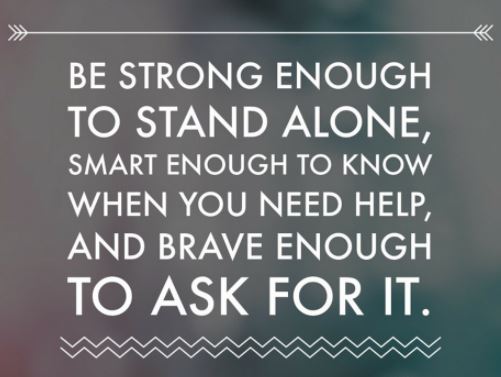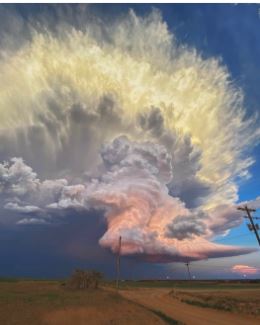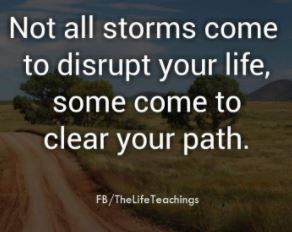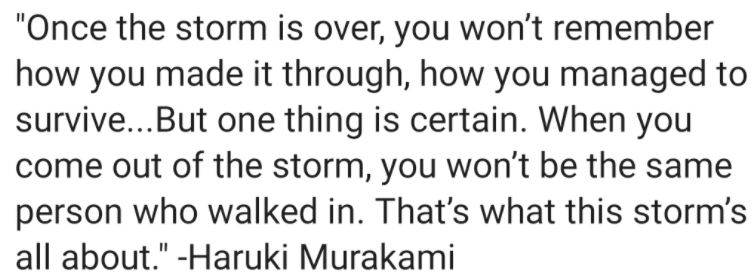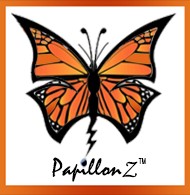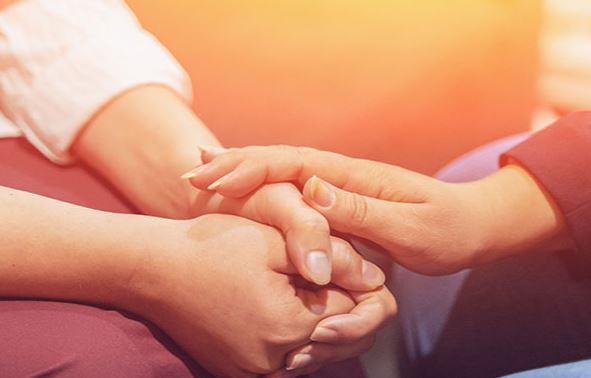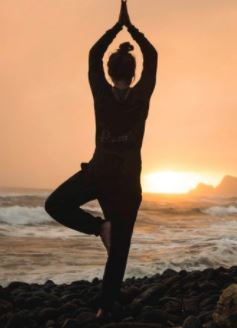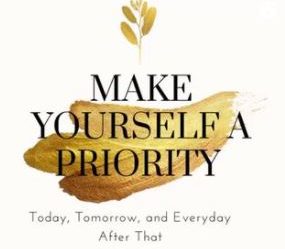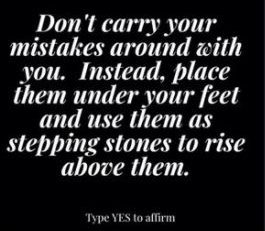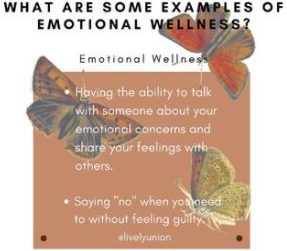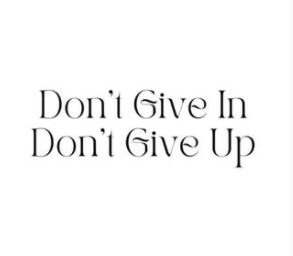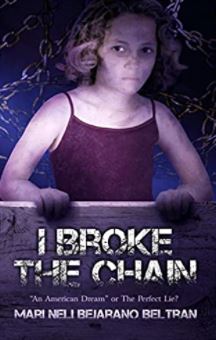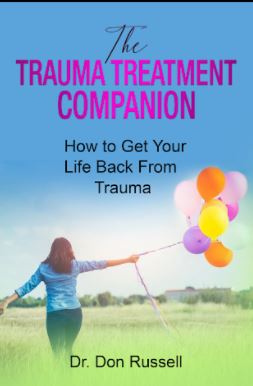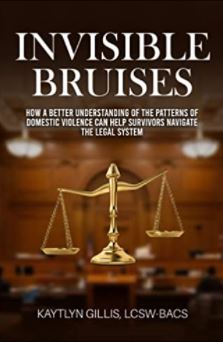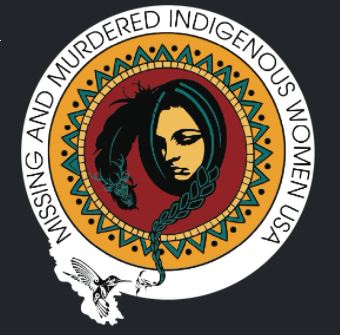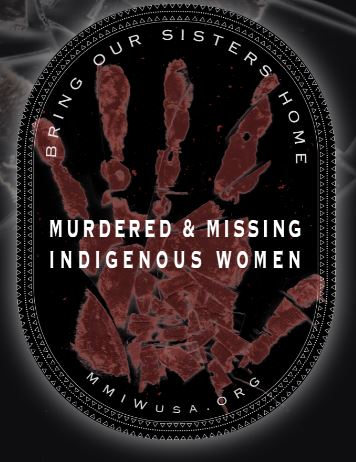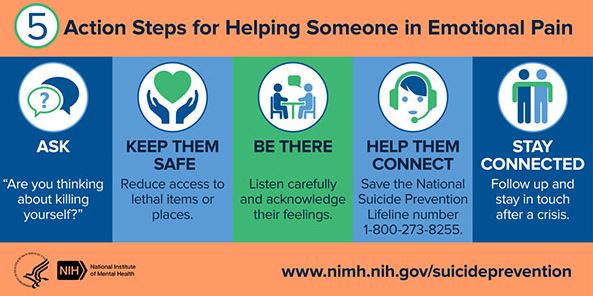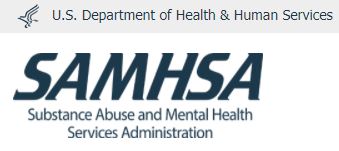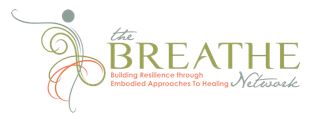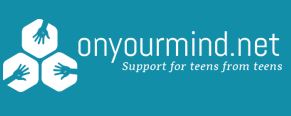See “Resources – Online Therapy” page for “Virtual Counseling” Options
Mental Health
Crisis * Wellness
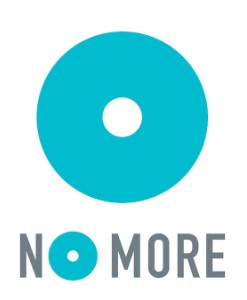
“With more than 1,400 allied organizations and over 40 state, local, and international chapters, NO MORE sparks grassroots activism, encouraging everyone—women and men, youth and adults, from all walks of life—to be part of the solution.” Click Here to learn more about NO MORE, and here How to Help Survivors
The NO MORE Silence, Speak Your Truth platform provides a safe and supportive space for people impacted by domestic violence to share their experiences, learn from other survivors, and connect to resources.
“Your story is personal and unique, but sharing it can be a healing experience for you and others.
Remember, healing is not linear and is different for everyone. It is important to stay patient with ourselves when setbacks occur in our process and forgive yourself for everything that may go wrong along the way.”
“NO MORE is a groundbreaking, global initiative comprised of the largest coalition of nonprofits, corporations, government agencies, media, schools, and individuals addressing domestic and sexual violence. We are committed to engaging, reaching, and working with people from diverse communities.” Click Here to GET HELP – Directory of domestic & sexual violence helplines & services ~ 200+ LOCATIONS AROUND THE WORLD!
A mental health crisis is a situation in which someone is at risk of hurting themselves or others.
Mental illnesses are medical conditions that can disrupt a person’s thinking, mood, feelings or daily functioning.
Mental health crises and symptoms can vary from person to person, and there are many events that can lead to a mental health crisis, including trauma.
If you think you or a loved one might be at risk for a mental breakdown, your best option may be to call 911. You can request police send Crisis Intervention Training (CIT) officers, who are trained to respond to mental health crises.
It’s important to note someone suffering a crisis may not be able to communicate clearly and could have difficulty understanding other people. Staying calm, listening and being nonjudgmental can be vital. The National Alliance on Mental Health (NAMI) recommends offering your loved one options instead of trying to take full control, speaking softly and not touching him or her unless you have permission.
It’s important to have a mental health plan, and follow up with outpatient appointments and take medication as prescribed. This could help prevent your or your loved one from cycling in and out of crises.
The National Alliance on Mental Health has a full guide for navigating mental health crises.
Source: What is a mental health crisis, what to do if someone is experiencing one (readfrontier.org)

Follow @livelyunion
for even more
Inspiration and Motivation!

“Complete Relaxation”
Channel on YOUTUBE
Click to Subscribe and for More Music
JOIN the Community on Instagram
CompleteRelaxation
is your place, your support!
We create music for sleep, anxiety/ depression relief,
meditation, relaxation and healing.
We hope our content brings you peace and joy!
@CompleteRelaxation_Music
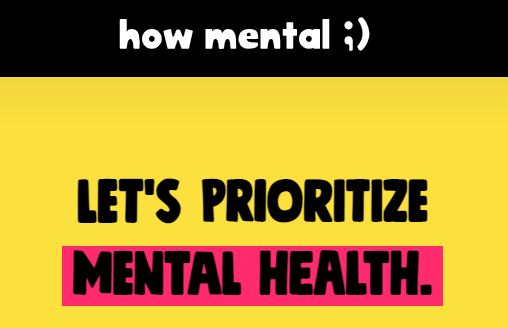
“We are people and organisations around the planet on a mission to make wellbeing a global priority – and that starts with each of us individually.
“We’ve got your back. Whether you need tools, knowledge or encouragement, we’re here to support each other through life’s ups and downs. Because you DESERVE it! “
#prioritizeyourmind
LIVE WORKSHOPS
“It can be hard to find the time and energy to take care of our mind. How Mental’s LIVE workshop makes it easy for you to stay on track, surrounded by support.”
DISCOVER THE RIGHT SUPPORT FOR YOU – “All the tools and tips you need to help you manage day-to-day mental life. Mary Poppins’ handbag ain’t got nothing on us!”
Get the right support for your mind
Care for the people you love most
Make mental health a global priority.
“Join our mental movement of over 680,000 people on Insta @HOWMENTAL”
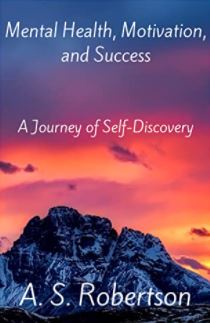
Alan Robertson wrote Mental Health, Motivation and Success, from his own illuminated perspective as a Survivor of years in dark places in his mind, detailing his own story, “A Journey of Self-Discovery.” Alan wrote this book because writing helps him to better understand himself, but he also wants to help others learn from his mistakes. He wants them to go on their own Journey of self-discovery to understand and trust themselves, so they can take on the World, and achieve all that they want to achieve in Life!
Follow @Visualize_Mind_Coach, and https://visualizemindcoach.blogspot.com/
Contents
- About the Author
- Introduction
- A Little Bit of Anatomy & Physiology
- Humans: An Interesting Bunch
- A World of Convenience
- Mental Health
- The Monster Under the Bed
- Doctor Google will see You Now
- Making Mountains out of Mole Hills
- Decisions, Decisions
- People Pleasing
- Imposter Syndrome
- Living in Your Comfort Zone
- Change
- Smoke & Mirrors\Quitters Never Win
- Mistakes
- Criticism & Feedback
- Motivation
- Entitlement
- A Tale of Human Endurance
- Hitting the Comeback Trail
- Success
MARI is a SURVIVOR of unimaginable abuse and neglect after being adopted by an American couple when she was 2 years old. Mari and 4 of her sisters were given up for adoption by her birth parents in Colombia because they were too poor to provide for their 12 children. They thought it would provide their children with a better life. They could not have been more wrong.
Follow Mari on Instagram @marinelistory
Mari recounts in vivid detail her fight to survive the adoptive parents and siblings, a sadistic boyfriend, the streets, drugs, incarceration, and confinement in mental institutions. Through it all, Mari’s powerful sense of survival carried her through the worst of times, and with God’s Guidance, led her to her Soul Mate and her Life’s Path to Helping Others.
Join Mari on her harrowing journey. You might cry, you might laugh, you will probably cheer Mari on, but you will probably never look at your own Life in the same way again. (Available on Amazon.)
Dr. Don Russell has been helping people just like you to get their life back, cultivate emotional stability, and gain confidence for over 25 years. He is a certified EMDR practitioner and has advanced training in Somatic Psychotherapy, preverbal trauma treatment and complex trauma and dissociation treatment.
Follow on Instagram @drdonrussel, and drdonrussell.com
Trauma symptoms can highjack your thinking, emotions and your body. It can seem impossible to get back to normal life. But modern neuroscience and research on cutting-edge therapies prove that recovery is possible.
The Trauma Treatment Companion:
- explains what is happening inside you;
- assures you that you are not going crazy;
- teaches you many tools and strategies that you can use safely;
- provides links to free videos and meditations;
- most importantly points the way out of the nightmare of trauma symptoms. (Available on Amazon. FREE with Kindle Unlimited.)
From Amazon: Kaytlyn Gillis’s debut, Invisible Bruises, is gripping account of the ways in which the legal system actually perpetuates the cycle of domestic violence. Gillis describes in a chilling, raw manner the way that victims continuously fall through the cracks in our criminal justice system while the courtroom becomes yet another tool that perpetrators use to further the abuse. Gillis navigates the courtroom battle with readers while giving tips for minimizing the risk of re-traumatization. (Available on Amazon.)
While much of the information in Kaytee’s book is for Survivors of Domestic Violence, her work focuses on assisting survivors of psychological abuse, stalking, and other non-physical forms of domestic violence and family trauma.
Kaytee also has a Blog on Psychology Today, with many articles that contain a lot of information for Survivors of Trauma, in general. See, 5 Mental Health Goals for Trauma Survivors in the New Year.
Follow @claras_voice – Resources for healing for all survivors of family trauma and domestic abuse
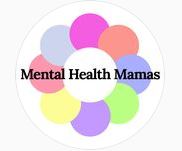
@noneedtoexplainpodcast “Mental Health Mamas Podcast. We ALL have mental health. The Mental Health Mamas are on a mission to normalize the conversation around mental health.” linktr.ee/mentalhealthmamas
Narcissistic Abuse Victims and Survivors (who were able to leave their abusers) post such helpful information on Instagram, have Podcasts and websites, and other ways of spreading Hope for Healing and Recovery. Many of these people are still on their own Healing Journey and want to share their stories to try to Help Others!
We will continue to add to this list as we learn of others!
@paintopower (Podcasts) “Narcissistic Abuse Survivor 



@narcissist_survivor [@Dimming_the_ Gaslight] “Narcissistic Abuse Survivor. If you would like to be on the show, please email dimmingthegaslight@gmail.com” (Podcast on Spotify)
@narcissisticabuse_survivors “Everywhere. Resource to help survive narcissistic abuse, parental alienation, gaslighting. I respond to DM’s to help provide free resources and advice.”
@thriving.after.the.narcissist “Thriving After The Narc | Personal blog | Dedicated to my Nex, the covert narc – the most vile human being I have ever had the displeasure of knowing.”
@narcissist_quotes “Narcissistic Abuse. If your ex is a narcissist or you’re unsure, please follow this page for quotes of strength to get you through hard times ♥️ Believe in yourself ♥️”
@recoveringfromnarcabuse “Narcissistic Abuse Recovery. Coach | 



@narcissistic_abuse_partner “Personal blog. 10 years in abusive marriage with narcissist. I feel like I can help others while helping myself to get out of the trap. This is my survival therapy.”
@monikahendrix Trauma Recovery Coach. “Trauma is not the End Result.”
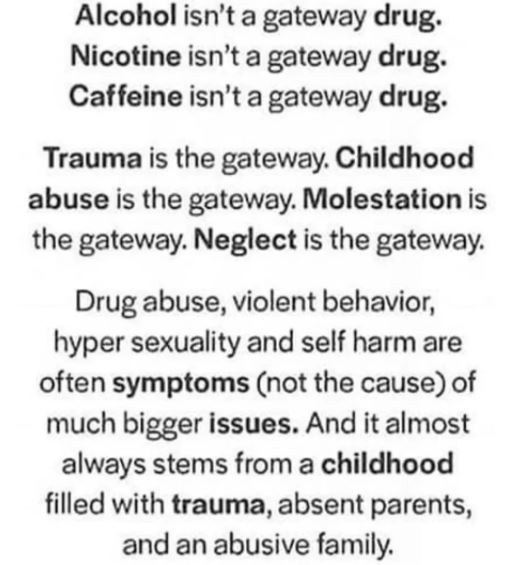
Kaytlyn Gillis is the author of the book Invisible Bruises, and her Blog on Psychology Today Kaytee Gillis, LCSW-BACS | Psychology Today.
While much of the information in Kaytee’s book is for Survivors of Domestic Violence, her work focuses on assisting survivors of psychological abuse, stalking, and other non-physical forms of domestic violence and family trauma.
Follow Kaytlyn Gillis @ claras_voice on Instagram. You can also listen to her Podcast, KAYTEE with a Why – The Podcast, on Spotify and Anchor.
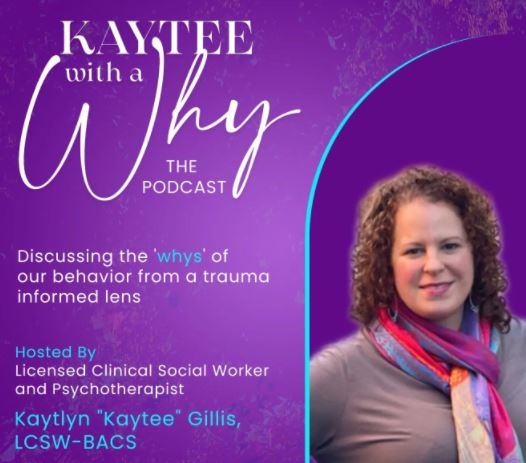
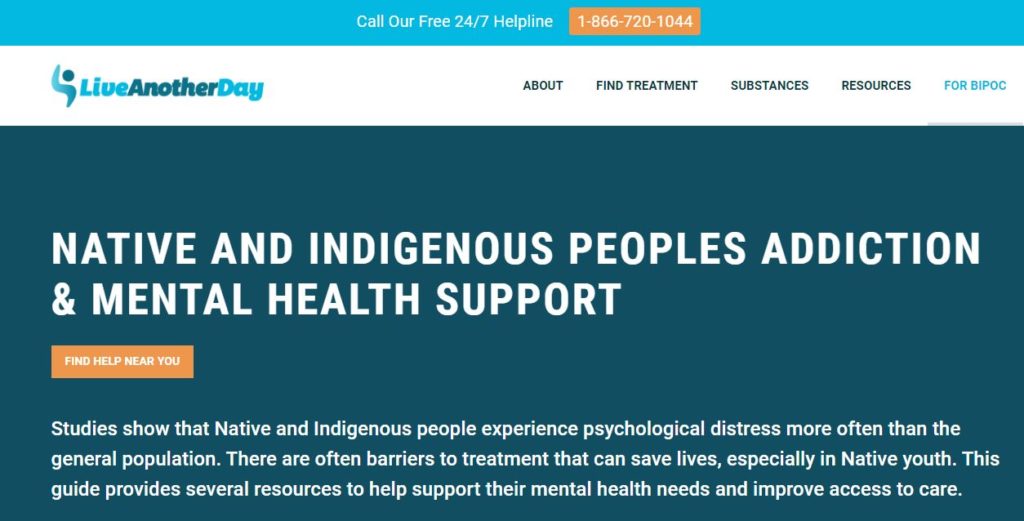
BIPOC ADDICTION & MENTAL HEALTH RESOURCES
“We’ve curated the following addiction and mental health resource guides specifically for the BIPOC (Black, Indigenous, and People of Color) community.”
BIPOC Addiction & Mental Health Resources | Live Another Day
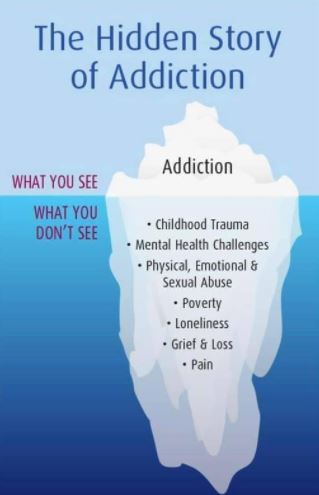
A Voice for the Innocent
A Voice For The Innocent is a safe, anonymous online community of support for victims of rape and sex abuse.
Join A Voice For The Innocent to share your support, or to share your story.
About
Blog Articles
Read Stories
Tell Your Story
Just a note: These are resources that we came across that may prove helpful to you.
Please understand, we ARE NOT recommending or endorsing any of them.
It is up to you to determine if they offer something you need and whether or not it is appropriate for your situation.
Mental Health & Crisis
HealthyPlace
Mental Health Support, Resources & Information | HealthyPlace
“Healthyplace.com is the largest consumer mental health site on the net. We provide authoritative information and support to people with mental health concerns, along with their family members and other loved ones.
“At HealthyPlace.com, you’ll find comprehensive, authoritative information on psychological disorders, psychiatric medications, and other mental health treatments. We also have online psychological tests, breaking mental health news, and more.
“We believe the most important thing in a person’s life is “peace of mind”.
“And at HealthyPlace.com, we help bring that to you by providing mental health information from experts, as well as everyday people who are dealing with psychological disorders.
Learn More About HealthyPlace.com | HealthyPlace
On About Us, you will see a list of Conditions from “Abuse” to “Schizoaffective Disorder” which link to those Communities where you can find “tons” of valuable information, articles, books, and videos. (Some links are provided below for your convenience.)
They also have many, many Mental Health BLOGS! Including:
Mental Health for the Digital Generation | Trauma/PTSD | Verbal Abuse in Relationships (includes an article How Abuse Can Lead to Suicidal Thoughts | HealthyPlace)
Mental Health Support, Resources & Information | HealthyPlace
Conditions include:
- Abuse Information & Resources (Abuse Information, Emotional & Psychological Abuse, Physical Abuse, Domestic Violence, Teenage Dating Violence, Help)
- Addictions
- Anxiety, Panic, Phobias
- Depression (Types, Treatment, Self-Help)
- Dissociative Disorders (Types, Causes, Symptoms, Treatment)
- LGBT & Mental Health (much more, including links to many Psychological Tests)
- Self-Help
Click here for Resources – ONLINE THERAPY (Many are FREEE!!)
HelpGuide.org
About Us
HelpGuide is an independent nonprofit that provides free, evidence-based mental health education and support. Our mission is to empower people with information they can use to help themselves and their loved ones.
HelpGuide is proud to be recognized as a transparent and trustworthy nonprofit provider of quality health information.
HelpGuide is dedicated to Morgan Leslie Segal, whose tragic suicide might have been prevented if she had access to better information.
(PTSD & TRAUMA)
Recovering from Rape and Sexual Trauma
Recovering from sexual assault takes time, and the healing process can be painful. But you can regain your sense of control, rebuild your self-worth, and learn to heal.
Helping Someone with PTSD
When someone you care about suffers from post-traumatic stress disorder, it can be overwhelming. But with these steps, you can help your loved one move on with their life.
Emotional and Psychological Trauma
When bad things happen, it can take a while to get over the pain and feel safe again. But with these self-help strategies and support, you can speed up your recovery.
Emotional and Psychological Trauma – HelpGuide.org
See Additional HelpGuide Topics below.
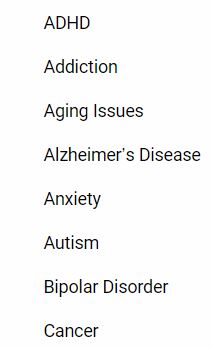
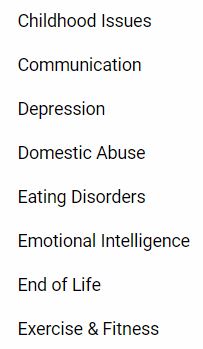
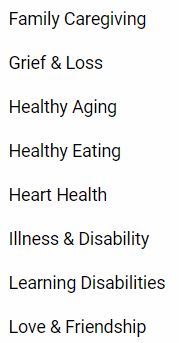
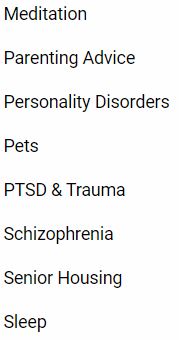
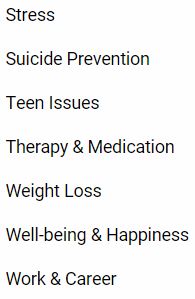
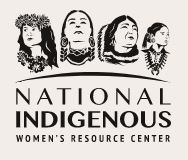
Indigenous/Native American Organizations
What does National Indigenous Women’s Resource Center do?
With a mission to end violence against Native American women and children, Mending the Sacred Hoop and its many programs and services supports victims of abuse and leads efforts to restore the safety of women across the country.
Native Womens Wilderness is an organization whose mission is to inspire and raise the voices of Native Women in the outdoor realm and encourage a healthy lifestyle grounded in the wilderness. Native Womens Wilderness also works on missing and murdered Indigenous women awareness.
Missing and Murdered Indigenous Women USA is a community-led initiative that focuses on the missing and murdered Indigenous women (MMIW) epidemic on both sides of the Canadian-U.S. border. There are systemic causes of the violence that causes the disproportionate rate of missing and murdered Indigenous women and girls, of which a great many cases go unsolved.
Across the United States and Canada Native Women and girls are being taken or murdered at an unrelenting rate. Native Hope exists to address the injustice done to Native Americans. We dismantle barriers through storytelling and impactful programs to bring healing and inspire hope.
Native Hope Resource Guide Addressing Native American Issues as a Non-Native for Allies
StrongHearts Native Helpline (1-844-762-8483, or strongheartshelpline.org) is a 24/7 safe, confidential and anonymous domestic, dating and sexual violence helpline for American Indians and Alaska Natives, offering culturally-appropriate support and advocacy.
The Center provides legal assistance to indigenous peoples of the Americas to combat racism and oppression, to protect their lands and environment, to protect their cultures and ways of life, to achieve sustainable economic development and genuine self-government, and to realize their other human rights. The Center’s Safe Women, Strong Nations project partners with Native women’s organizations and Indian and Alaska Native nations to end violence against Native women and girls. Our project raises awareness to gain strong federal action to end violence against Native women; provides legal advice to national Native women’s organizations and Indian nations on ways to restore tribal criminal authority and to preserve tribal civil authority; and helps Indian nations increase their capacity to prevent violence and punish offenders on their lands.
Alliance of Tribal Coalitions to End Violence
Tribal Coalitions: Increase awareness of domestic violence, sexual assault, and sex trafficking against American Indian and Alaska Native women.
Enhance the response to violence against women at the tribal, federal, and state levels; and identify and provide technical assistance to coalition membership and tribal communities to enhance access to essential services.
VICTIM SERVICES DIRECTORY
Victim Services Directory for Trafficking Victims (tribaltrafficking.org)
Our holistic victim services directory, Sex Trafficking in Indian Country: Victim/Survivor Resource Book, is intended to provide Tribal Coalitions with basic information on sex trafficking as it impacts Native people and to provide access to direct services that may assist victims/survivors of sex trafficking. This resource contains a 900+ page victim/survivor services directory that is organized by state. Only states with a Tribal Coalition are represented in this directory.
This user-friendly directory of relevant free-to-low cost services can be used to aid victims of sex trafficking and sexual assault so they can easily access everything from short-term resources such as emergency shelter, food, and protection order assistance to long-term services like healthcare, education, and employment.
The directory was created with the tribal coalitions in mind, so they can immediately refer their clients to a national network of direct service providers. However, we have also designed this directory to be user friendly, so individuals looking for help can have a one-stop-shop to deal with the effects of sex trafficking, sexual assault, and exiting the sex industry.
(This directory was published in September of 2016 and it reflects information that was current at the time of publication)
Missing and Murdered Indigenous Women USA
MMIW USA’s main focus is the families and women that have been abandoned by law enforcement and other institutions. They fill the gap between the family and law enforcement and demand answers, something these families felt afraid to do. Two years ago MMIW USA started the Staying Sacred Program for young women and girls. At the meeting the girls are taught self-defense and empowerment through native culture. We engage in discussions around trafficking and social media and we also balance that with medicine making and giving them a place to connect with the land and our Earth Mother. Proceeds will help this program expand, buying facial recognition software to look for trafficked women and the capability to run back ground checks as we delve into stopping the violence that leaves some native women 10 times more likely to be raped or murdered. Chukmaskhi’ for your help in this matter. You are appreciated.
(On the website, you can read “More about us” by clicking the button.)
Allow 7-10 business days
Some things can be so easily digitally slapped together these days. We wanted a symbol that was organic and real. Our Artist Tyler Phibbs (Blackfoot) had an idea… an idea to take a human handprint on glass, break it with a hammer and then scanning the pieces. Chris Borges (Manaus – Amazonia) literally lent a hand and we were on a creative frenzy. Why this much effort for a logo?! Why so many pieces involved?! Each missing person is worth all the effort. A human handprint from a Manaus medicine family descendent is a prayer of a return to healing. The handprint shattered in pieces represents the shattered hearts and lives of the victims and families whom are impacted by this tragic epidemic. We hope these items help spread awareness, help in support MMIW USA, bring our family members home and stop this cycle. YAKOKE CHITO.

The Journey
Each fall, the Monarch Butterflies in Maine begin an unbelievable Journey to a hilltop in Mexico.
How do they do it?
They focus on the Goal, not the Difficulties.
Each day they take their bearings and set off, allowing their Instincts and Desire to steer them.
They Accept what comes ~
Some winds blow them off course,
Others speed them along.
But, they keep flying. . .
Until. . .
One day. . .
They Arrive!
YOU CAN DOWNLOAD THE GUIDE (English or Spanish)
BY CLICKING ONE OF THE LINKS BELOW:
Navigating-A-Mental-Health-Crisis (nami.org)
Como Lidiar con una crisis de salud mental
When mental illness is present, the potential for crisis is never far from mind. Crisis episodes related to mental illness can feel incredibly overwhelming. There’s the initial shock, followed by a flood of questions — the most prominent of which is: “What can we do?”
People experiencing mental illness — and the people who care for them — need information. However, that information is not always readily available and the search for answers may require more energy and persistence than possible in times of crisis.
“Navigating a Mental Health Crisis: A NAMI Resource Guide for Those Experiencing a Mental Health Emergency” (Crisis Guide) provides important, potentially life-saving information for people experiencing mental health crises and their loved ones. This guide outlines what can contribute to a crisis, warning signs that a crisis is emerging, strategies to help de-escalate a crisis, available resources and so much more.
Getting Answers When You Need Them
Like any other health crisis, it’s important to address a mental health emergency quickly and effectively. With mental health conditions, crises can be difficult to predict because, often, there are no warning signs. Crises can occur even when treatment plans have been followed and mental health professionals are involved. Unfortunately, unpredictability is the nature of mental illness.
Unlike other health emergencies, people experiencing mental health crises often don’t receive instructions or materials on what to expect after the crisis. That is why we created this guide, so people experiencing mental health emergencies and their loved ones can have the answers and information they need when they need it. In the pages of our Crisis Guide, you’ll find:
- Understanding mental health crises
- Preparing for a crisis
- What to do during a crisis
- What to do following a crisis
- A sample crisis plan
Share With Your Community
We encourage sharing these tools and resources in local communities, specifically with those who are most likely to be in contact with people experiencing a mental health emergency, like:
- Emergency departments
- Law enforcement officials
- Primary care physicians
- Court clerks where involuntary commitment processes are initiated
- Anywhere a person in crisis might be seen for the first time
A Portable Treatment Record from the Crisis Guide is available for download and use to begin creating your personal crisis plan.
You can also download the following infographics. They cover warning signs, what to do if you expect someone is thinking about suicide and how to prepare for a crisis. These printable resources are a great way to spread awareness about what to do in a crisis.
Warning Signs of a Mental Health Crisis | Signos de Alerta de una Crisis de Salud Mental
Signs and Symptoms
The behaviors listed below may be signs that someone is thinking about suicide.
- Talking about wanting to die or wanting to kill themselves
- Talking about feeling empty, hopeless, or having no reason to live
- Making a plan or looking for a way to kill themselves, such as searching for lethal methods online, stockpiling pills, or buying a gun
- Talking about great guilt or shame
- Talking about feeling trapped or feeling that there are no solutions
- Feeling unbearable pain (emotional pain or physical pain)
- Talking about being a burden to others
- Using alcohol or drugs more often
- Acting anxious or agitated
- Withdrawing from family and friends
- Changing eating and/or sleeping habits
- Showing rage or talking about seeking revenge
- Taking great risks that could lead to death, such as driving extremely fast
- Talking or thinking about death often
- Displaying extreme mood swings, suddenly changing from very sad to very calm or happy
- Giving away important possessions
- Saying goodbye to friends and family
- Putting affairs in order, making a will
If these warning signs apply to you or someone you know, get help as soon as possible,
particularly if the behavior is new or has increased recently.
Risk Factors
Suicide does not discriminate. People of all genders, ages, and ethnicities can be at risk. Suicidal behavior is complex, and there is no single cause. Many different factors contribute to someone making a suicide attempt. But people most at risk tend to share specific characteristics.
The main risk factors for suicide are:
- Depression, other mental disorders, or substance abuse disorder
- Certain medical conditions
- Chronic pain
- A prior suicide attempt
- Family history of a mental disorder or substance abuse
- Family history of suicide
- Family violence, including physical or sexual abuse
- Having guns or other firearms in the home
- Having recently been released from prison or jail
- Being exposed to others’ suicidal behavior, such as that of family members, peers, or celebrities
Many people have some of these risk factors but do not attempt suicide. It is important to note that suicide is not a normal response to stress. Suicidal thoughts or actions are a sign of extreme distress, not a harmless bid for attention, and should not be ignored.
Often, family and friends are the first to recognize the warning signs of suicide and can be the first step toward helping an at-risk individual find treatment with someone who specializes in diagnosing and treating mental health conditions. See the resources on NIMH’s Find Help for Mental Illnesses page if you’re not sure where to start.
Suicide is complex. Treatments and therapies for people with suicidal thoughts or actions will vary with age, gender, physical and mental well-being, and with individual experiences. NIMH has focused research on identifying people at risk for suicide and identifying effective interventions.
Please visit NIMH » Suicide Prevention (nih.gov) for additional information.
SAMHSA’s NATIONAL HELPLINE
1-800-662-HELP (4357)
Substance Abuse. Mental Health.
Find Help. Find Treatment.
SAMHSA – Substance Abuse and Mental Health Services Administration
DISASTER DISTRESS HELPLINE
1-800-985-5990 24/7
The Disaster Distress Helpline, 1-800-985-5990, is a 24/7, 365-day-a-year, national hotline dedicated to providing immediate crisis counseling for people who are experiencing emotional distress related to any natural or human-caused disaster. This toll-free, multilingual, and confidential crisis support service is available to all residents in the United States and its territories.
Stress, anxiety, and other depression-like symptoms are common reactions after a disaster.
Call or text 1-800-985-5990 to connect with a trained crisis counselor.
Alcohol, Tobacco & Other Drugs https://www.samhsa.gov/find-help/atod
Misusing alcohol, tobacco, and other drugs can have both immediate and long-term health effects.
Behavioral Health Treatment and Services https://www.samhsa.gov/find-help/treatment
Behavioral health treatments are ways of helping people with mental illnesses or substance use disorders. For example, counseling and more specialized psychotherapies seek to change behaviors, thoughts, emotions, and how people see and understand situations. Medications for mental and substance use disorders provide significant relief for many people and help manage symptoms to the point where people can use other strategies to pursue recovery. For many people, the most effective behavioral health approach involves a combination of counseling and medication. Early treatment is best. A trained professional should do a full evaluation to make the diagnosis. No single treatment works best. Treatments must address each person’s needs and symptoms.
Behavioral Health Treatment Locator https://findtreatment.samhsa.gov/
“Welcome to the Behavioral Health Treatment Services Locator, a confidential and anonymous source of information for persons seeking treatment facilities in the United States or U.S. Territories for substance use/addiction and/or mental health problems.
Disaster Distress Helpline https://www.samhsa.gov/find-help/disaster-distress-helpline
SAMHSA’s Disaster Distress Helpline provides 24/7, 365-day-a-year crisis counseling and support to people experiencing emotional distress related to natural or human-caused disasters.
The Disaster Distress Helpline, 1-800-985-5990, is a 24/7, 365-day-a-year, national hotline dedicated to providing immediate crisis counseling for people who are experiencing emotional distress related to any natural or human-caused disaster. This toll-free, multilingual, and confidential crisis support service is available to all residents in the United States and its territories. Stress, anxiety, and other depression-like symptoms are common reactions after a disaster. Call or text 1-800-985-5990 to connect with a trained crisis counselor.
Early Serious Mental Illness Treatment Locator https://www.samhsa.gov/esmi-treatment-locator Locator
What is SAMHSA’s National Helpline?
SAMHSA’s National Helpline, 1-800-662-HELP (4357), (also known as the Treatment Referral Routing Service) or TTY: 1-800-487-4889 is a confidential, free, 24-hour-a-day, 365-day-a-year, information service, in English and Spanish, for individuals and family members facing mental and/or substance use disorders. This service provides referrals to local treatment facilities, support groups, and community-based organizations. Callers can also order free publications and other information.
Also visit the online treatment locators.
What are the hours of operation?
The service is open 24/7, 365 days a year.
What languages are available?
English and Spanish are available if you select the option to speak with a national representative.
American Psychological Association (APA) Locator
“The American Psychological Association (APA) has a feature to locate a counselor or therapist in your area who can help you if you are experiencing emotional abuse. You can select “domestic violence” from the drop-down list on their webpage.
“Therapists are trained to help people in crisis and could be a big support for someone suffering. To find out if the therapist accepts your health insurance or what his/her fee is, contact the therapist directly.”
The BREATHE Network
http://www.thebreathenetwork.org/
info@thebreathenetwork.org
The Breathe Network connects survivors of sexual violence with sliding-scale, trauma-informed, holistic healing arts practitioners across the country.
Additionally, we train healing, health, and wellness professionals on the nuanced mind, body and soul impacts of sexual violence and how to cultivate best practices in trauma-informed care.
On Your Mind 24-HOUR HOTLINE
1-650-579-0350
“On Your Mind is a safe and anonymous place for teens to get information and support from other teens with a chat room, Monday through Thursday 4:30-9:30 PST.
“On Your Mind also provides resources about abusive relationships, cutting, depression, and other issues affecting teens.”
“Something on your mind?
Peer Supported Teen Crisis Chat”
“We are here to support you during this time of stress. The COVID 19 pandemic and the BLM movement against police brutality can bring up lots of different feelings. Let’s process together.”
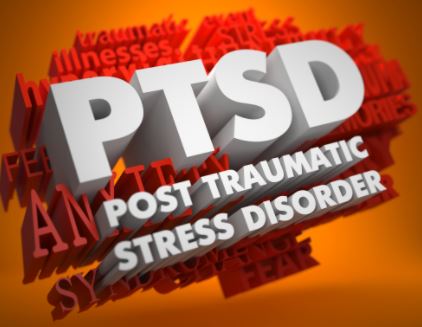
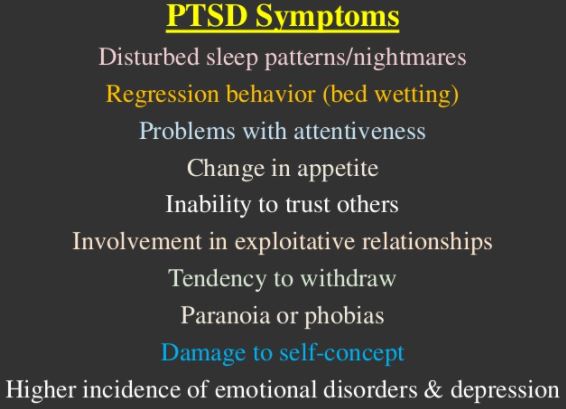
Click Here for PTSD Resources Page
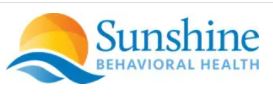
Capistrano – San Clemente, CA
Monarch Shores Recovery – San Juan Capistrano, CA
Mountain Springs Recovery – Monument, CO
Willow Springs Recovery – Bastrop, TX
Click Here for Directory of FREE Addiction Treatment Centers in the US.
Sunshine Behavioral Health
1-855-701-0750
Addiction Treatment & Rehab is available for people of all color, women, men, children, addicted Veterans, the blind, deaf, disabled, the elderly, LGBTQ, Transgender, and rural residents. Click Here for Resources.
“A person struggling with drug abuse along with their loved ones only benefit from as much information and resources as possible on drug addiction. Drug abuse hotlines provide guidance for people looking to find treatment or discuss their addiction. Many drug abuse hotlines are available 24/7. Individuals can find drug crisis hotlines for themselves or for loved ones with substance use disorders.”
Sexual Assault and Substance Abuse
“Domestic violence often involves sexual abuse. There is a link between substance abuse and sexual abuse. In many cases, substances are used in instances of sexual abuse. Alcohol is the most typically used substance in these instances.
“The link between substance use disorders and sexual abuse is complex. In many cases, it is a vicious cycle. Victims of sexual abuse are more likely to struggle with substance abuse, and those who struggle with substance abuse are more likely to experience sexual abuse.”
Why Domestic Violence and Sexual Abuse Victims Don’t Seek Addiction Treatment
“It is hard enough for the person who hasn’t been through domestic violence or sexual abuse to seek treatment for a substance use disorder. There is such a stigma associated with addiction in our country. Many people view addiction as a moral failing as opposed to a disease that needs to be treated. Victims of domestic violence and sexual abuse have an even harder time seeking treatment for drug and/or alcohol addiction.”
Click Here for Directory of Free Addiction Treatment Centers in the US.

TREVOR LIFELINE: 866-488-7386 (24/7)
“Founded in 1998 by the creators of the Academy Award®-winning short film TREVOR, The Trevor Project is the leading national organization providing crisis intervention and suicide prevention services to lesbian, gay, bisexual, transgender, queer & questioning (LGBTQ) young people under 25.”
Trevor Lifeline
Trevor Chat
Trevor Text
Trevor Space
Trevor Support Center
AVAILABLE at https://www.thetrevorproject.org
About WomensLaw.org
(En Español)
Despite its name, WomensLaw.org provides information that is relevant to people of all genders, not just women. Our Email Hotline will provide legal information to anyone who reaches out with legal questions or concerns regarding domestic violence, sexual violence, or any other topic covered on WomensLaw.org.
About Abuse
These pages provide an overview of domestic violence and sexual assault as well as more detailed information about specific forms of abuse.
- Am I Being Abused? (Danger Assessment; Signs of Abuse)
- Forms of Abuse (Abuse Using Technology; Domestic Violence/Teen Violence; Emotional Abuse; Financial Abuse; Reproductive Abuse & Coercion; Sexual Abuse & Exploitation; Stalking & Cyberstalking; Litigation Abuse)
- Abuse in Specific Communities (Abuse Among People Living with AIDS/HIV; Abuse in Immigrant Communities; Abuse in Tribal Communities; Information for Teens & Young Adults; LBGTQIA Victims; Male Victims; Abuse in Jewish Community; Elder Abuse
- Safety Tips (Domestic Violence Victims; Stalking Victims; Safety Planning with Children; Safety in a Confidential Address; Safety in Court; Safety in Rural Areas; Safety While Using the Internet; Safety While Using Social Media
- In the Workplace (Sexual Harassment by a Co-Worker or Boss; Workplace Restraining Orders (filed by Employer)
Find Help (US Map)
Find Help for Yourself and for Others | WomensLaw.org
Click on your state (in the map or in the drop-down menu) to find contact information for:
- advocates in local domestic violence programs and shelters;
- legal assistance organizations;
- courthouse locations where you can file for a protection order; and
- sheriff departments. If you need to talk to someone about an abusive relationship, you can call the National Domestic Violence Hotline at 1-800-799-7233.
Legal Information (US Map)
Legal Information | WomensLaw.org
- Know the laws – By State
- Preparing for Court – By Yourself
- Immigration
- Federal Gun Laws
- Domestic Violence in the Military
- Videos
Helping Others
Helping Others | WomensLaw.org
- Family, Friends, Co-Workers
- Advocates
- Lawyers
- Doctors, Healthcare Professionals
- Salon Professionals
Womens Law Email Hotline: WomensLaw.org Email Hotline
Other Helpful Information:
Advocates and Shelters | WomensLaw.org (drop-down menu for your State)
National Organizations | WomensLaw.org (listed by subject matter)
Chat Rooms and Message Boards | WomensLaw.org
There are a variety of support services available to victims of domestic violence and sexual assault on the Internet. We have listed some of these resources.
Additional Resources
- Advocates and Shelters | WomensLaw.org (drop-down menu for your State)
- Click here to enter your zip code: Find Domestic Violence and Abuse Help, Information and Stats (domesticshelters.org)
Domestic Violence Support | The National Domestic Violence Hotline (thehotline.org)
- National Organizations | WomensLaw.org (listed by subject matter)
- Chat Rooms and Message Boards | WomensLaw.org
- VictimConnect (serves victims of crime in US (including assault, abuse, domestic violence, teen dating violence, trafficking, stalking, etc.), and make local referrals.
Mental Health Resources
